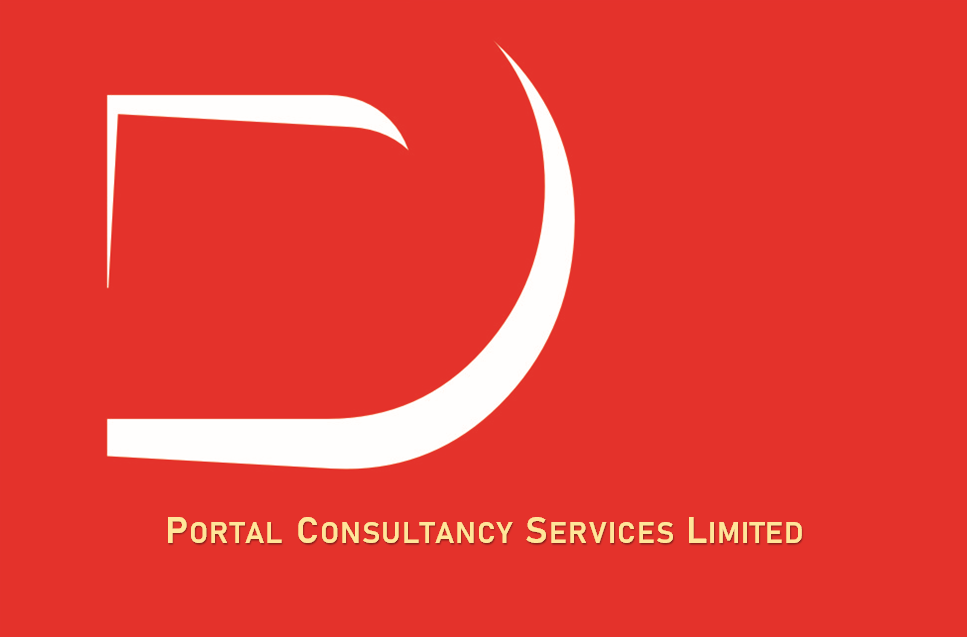Documentation services
Portal Oil & Gas Marine can assist domestic and, especially foreign companies, and projects interested in investing in the Nigerian Oil & Gas and or Marine sectors.
We avail our esteemed clients with regulators- and standards-quality documentation required to obtain registrations, approvals, licenses, waivers, planning, implementation, and general operation and management of your oil & gas and marine companies and projects.
Please, contact us for more information about how we can be of assistance to you.
Nigeria: Legal Framework and Requirements For Oil And Gas Investment In Nigeria
The statutory framework of oil and gas cuts across the ownership, control, and operation of oil and gas in Nigeria. Various legislations govern
The various laws that regulate the oil and gas industry in Nigeria are examined below.
1. The Petroleum Industry Act
The Petroleum Industry Act, 2021 (PIA or “the Act”) was signed into law in August 2021. The PIA introduces significant changes to the legal and governance framework, administrative processes, regulatory and fiscal terms, and host community engagements in the oil and gas industry
This Act, consisting of 319 articles, and divided into five chapters, aims at providing legal, governance, regulatory and fiscal framework for the petroleum industry and the development of host communities. The first chapter concerns governance and institutions.
2. The Environmental Impact Assessment (EIA) Act of 1992
This Act states that natural gas production projects must comply with environmental impact assessment before coming on stream. The goals and objectives of the Act as provided by Section 1 of the Act are;
• To establish, before a decision is taken by a person, authority or corporate body, or unincorporated body including the Government of the Federation, State or Local Government intending to undertake or authorize the undertaking of any activity, those matters that may likely or to a significant extent affect the environment or have an environmental effect o those activities which shall first be taken into account.
• To promote the implementation of appropriate policy in all Federal lands, State, or Federal Government areas, consistent with all laws and decision-making processes through which the goal and objective in paragraph (a) will be realized.
• To encourage the development of procedures for information exchange, notification, and consultation between organs and persons when proposed, activities that are likely to have significant environmental effects and boundary or trans-state or on the environment of bordering towns and villages.
Oil & Gas Regulatory Agencies in Nigeria
The principal agencies of the government that are responsible for supervising and regulating the oil and gas industry will be briefly discussed below.
The Department of Petroleum Resources (DPR)
The DPR is responsible for the regulation of the upstream and downstream sectors of the oil and gas industry in Nigeria. The functions of this agency are highlighted below;
• The DPR is responsible for the overall supervision of oil and gas activities carried out by companies engaging in oil and gas operations;
• The department is responsible for issuing and granting licenses, permits, authorization, and approval in the oil and gas industry.
• The department is responsible for monitoring and controlling oil industry operations to guarantee compliance with national and public policies;
The Nigerian National Petroleum Limited
The NNPC is a statutory corporation that engages in commercial oil and gas activities. The scope of activities of the NNPC ranges from exploration, production, refining, transportation, distribution, and supply of oil and gas products. The NNPC has various subsidiaries in which it operates in the oil and gas sector. Some of the NNPC subsidiaries are;
• The Nigerian Petroleum Development Company (NPDC)- this subsidiary company of the NNPC engages in the business of oil exploration and production.
• National Petroleum Investment Management Services- this subsidiary company of the NNPC is responsible for administering the investments of the Federal Government in the upstream petroleum operations conducted under joint ventures, product-sharing contracts, and other petroleum arrangements with international oil companies.
• The Petroleum Product Marketing Company Limited (PPMC)- is responsible for the transportation of crude oil to the various refineries and also the transportation of petroleum products to depots situated in different parts of Nigeria.
The Ministry of Petroleum Resources
The Ministry of Petroleum Resources has the overall duty to supervise and regulate of the oil and gas industry. The ministry also formulates, coordinate, and implement Federal Government policies for the oil and gas sector.
The Minister who heads the Ministry has the power to issue licenses for oil and gas operations per the Petroleum Act. Such licenses include the oil prospective license (OPL) and the oil mining lease (OML).
Nigerian Content Development & Monitoring Board (NCDMB)
The primary duty of the NCDMB is to promote local investment and participation in the oil & gas sector. Consequently, the NCDMB registers and monitors companies participating in the upstream sector to ensure such a company has the requisite indigenous participation under the Act.
National Oil Spill Detection & Response Agency (NOSDRA)
NOSDRA is the government agency responsible for monitoring and control of oil spills in Nigeria. The functions of the Agency include the surveillance and ensuring compliance with all existing environmental legislation and the detection of oil spills in the petroleum sector.
As part of its duties, the Agency receives reports of oil spillages and coordinates oil spill response activities.
